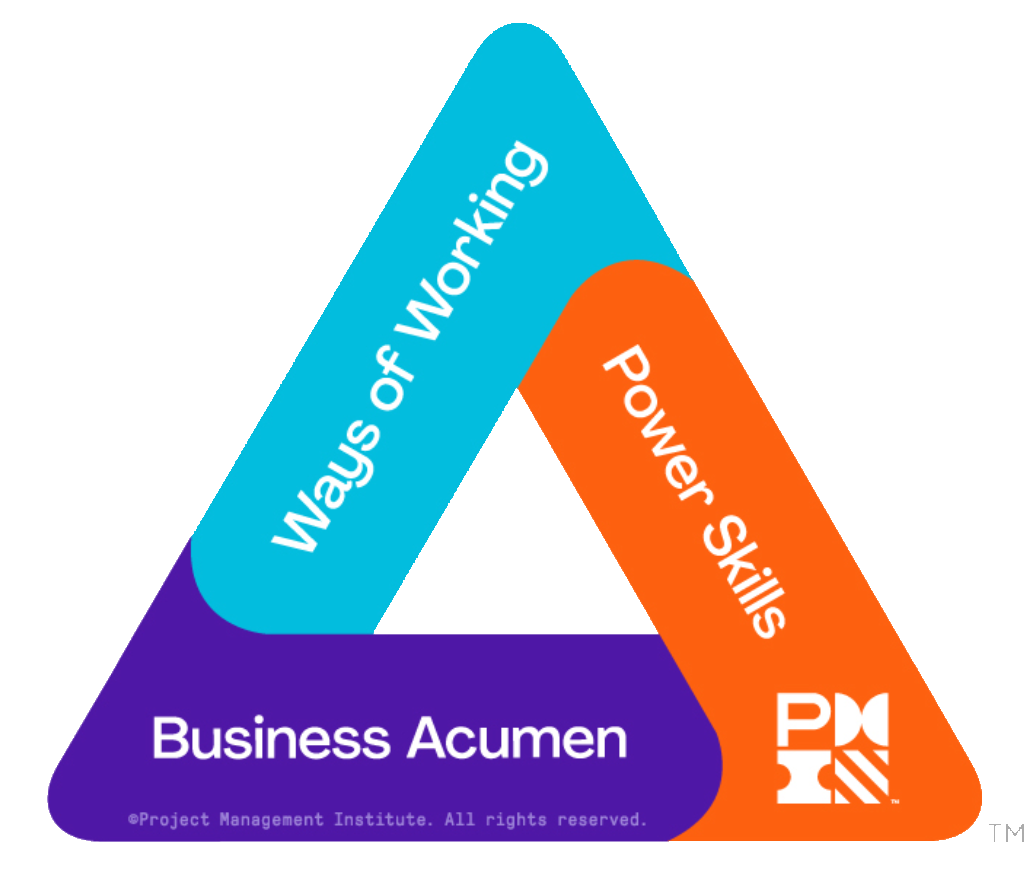Testing for the Business Analyst
This 2-day course is designed to explain to Business Analysts the need for testing and teach them the concepts required to plan, manage, execute, and evaluate testing outcomes in a software environment. This course is based on the Guide to the Business Analysis Body of Knowledge® version 2.0.
LEARNING OBJECTIVES
Participants will gain practical skills to:
- Understand the importance of testing to software development and how managing testing well increases the likelihood of project success.
- Learn basic testing terms and the Testing Lifecycle.
- Be able to describe the various testing types, methods and approaches to and describe when to apply each.
- Study the relationships between the Project, Systems Development and Testing Lifecycles.
- Examine the role of the BA in testing and the relationship between BA Knowledge Areas and testing.
- Learn the various testing documents - Test Strategy, Test Plans, Use Cases, and Test Cases.
- Investigate Test and Defect Management.
WHO SHOULD ATTEND
The Testing for the Business Analyst is appropriate for individuals who are:
- Pursuing a career in Business Analysis
- Business or Information Systems managers or staff who is new to business analysis.
- Experienced Business Analysts requiring better understanding of the role, or desiring formal recognition through certification.
- Project staff or managers currently combining the Business Analyst role with other duties.
- Business staff or managers who are working in Business Analyst environments, needing to interact with project managers and business analysts.
- Preparing to write the Certified Business Analysis Professional™ (CBAP®) and require a refresher on the concepts covered in the BABOK®.
PREREQUISITE
MATERIALS
You will receive a course binder containing copies of presentation slides, case studies, exercises, and suggested solutions.
WHAT YOU WILL LEARN
|
Introduction
Testing Types & Timing
|
Test Strategy, Planning & Management
Testing Resources
|

 The following table provides the breakdown of the professional development units (PDUs) for this course aligned with the PMI Talent TriangleTM.
The following table provides the breakdown of the professional development units (PDUs) for this course aligned with the PMI Talent TriangleTM.